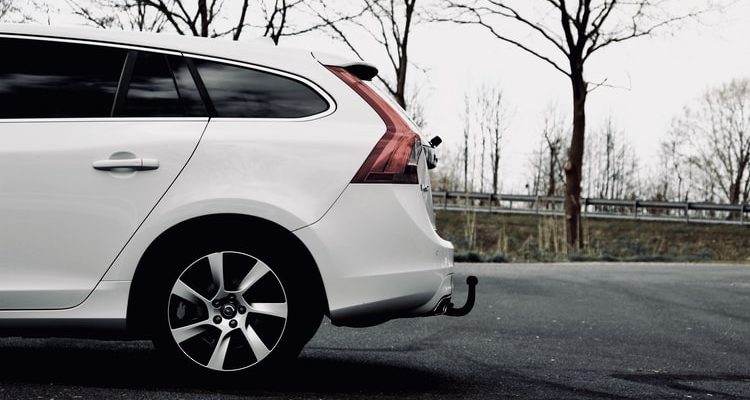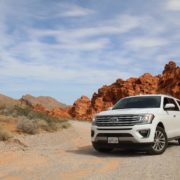A hybrid is a car that combines the power of a gas engine and an electric motor to deliver enhanced fuel efficiency and lower emissions. It offers the advantages of both worlds, conventional and electric. Here’s a detailed list of the advantages of hybrid vehicles.
Fuel Costs
Hybrid owners get about 50 miles per gallon from their cars. This means fewer trips to the gas station and more money saved on gas.
Torque
Hybrids often use their electric motors to move the car from a standstill. Electric motors provide 100% of their available torque instantly. This means hybrids are very responsive from the get-go.
Lower Emissions
Hybrids enhance fuel efficiency by consuming less fuel. They also release fewer backtest greenhouse gases than conventional cars. Some states don’t even require the annual emission tests for hybrids, saving their owners a lot of time and money.
Tax Incentives
Hybrids cost more than conventional cars. But the federal government offers tax incentives to hybrid buyers. States often offer additional incentives, too, like registration discounts and excise tax reductions. You may even get an income tax rebate.
Power
Today, there are several high-performance hybrids available from companies like Acura, Lexus, Porsche, and BMW. But if you’re looking for an affordable hybrid with good performance, check out the Honda CR-Z.
HOV
Usually, these lanes are only available to people who carpool. But there are places that allow hybrid owners access to the HOV lane even if they’re driving by themselves. No more hanging around in traffic, feeling envious of people zipping by.
Idling
Hybrids don’t idle with the gas engine on. When the vehicle stops, the gas engine is switched off, and the battery is switched on. It runs all the systems in the car. When you press the throttle, the electric motor moves the car until it reaches a speed where the gas engine can take over.
Value
Hybrids retain their value better than conventional cars. Fewer hybrids are also available on the used markets because hybrids seem to be a long-term investment.
Dependability
Hybrid batteries have been designed to operate at full capacity for at least ten years. You’re likely to switch cars long before that and don’t need to worry.















Comments